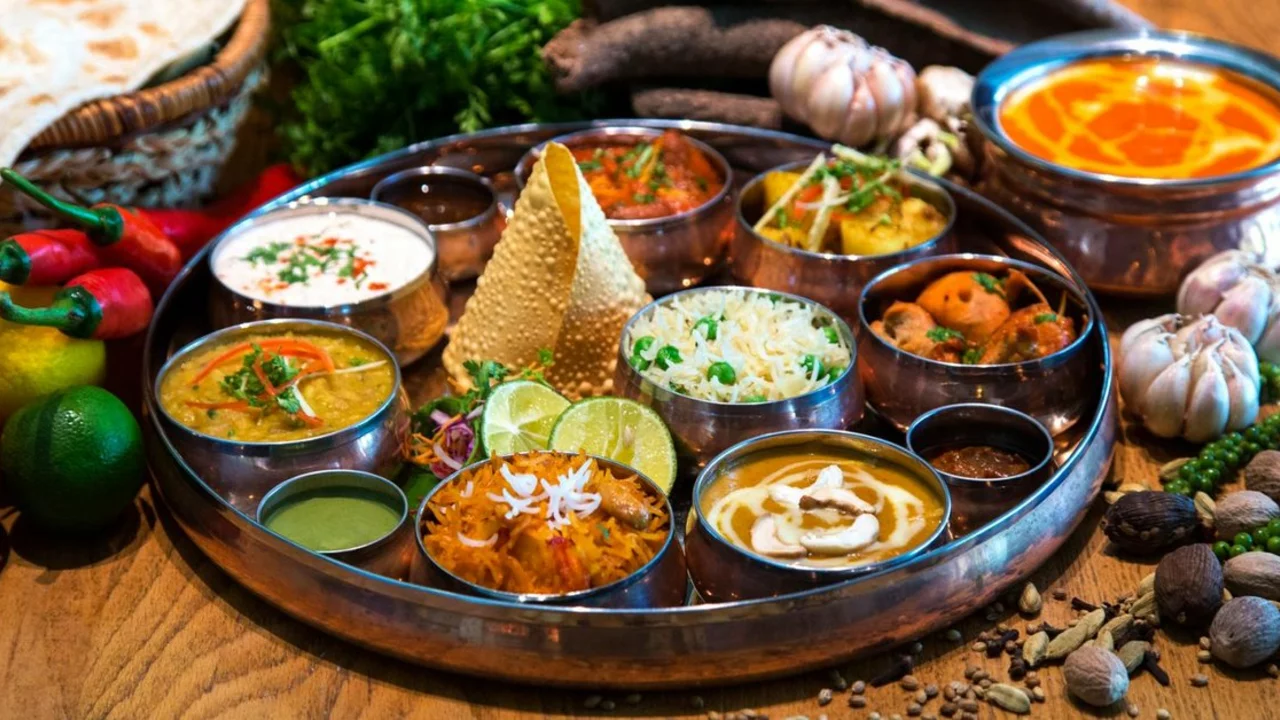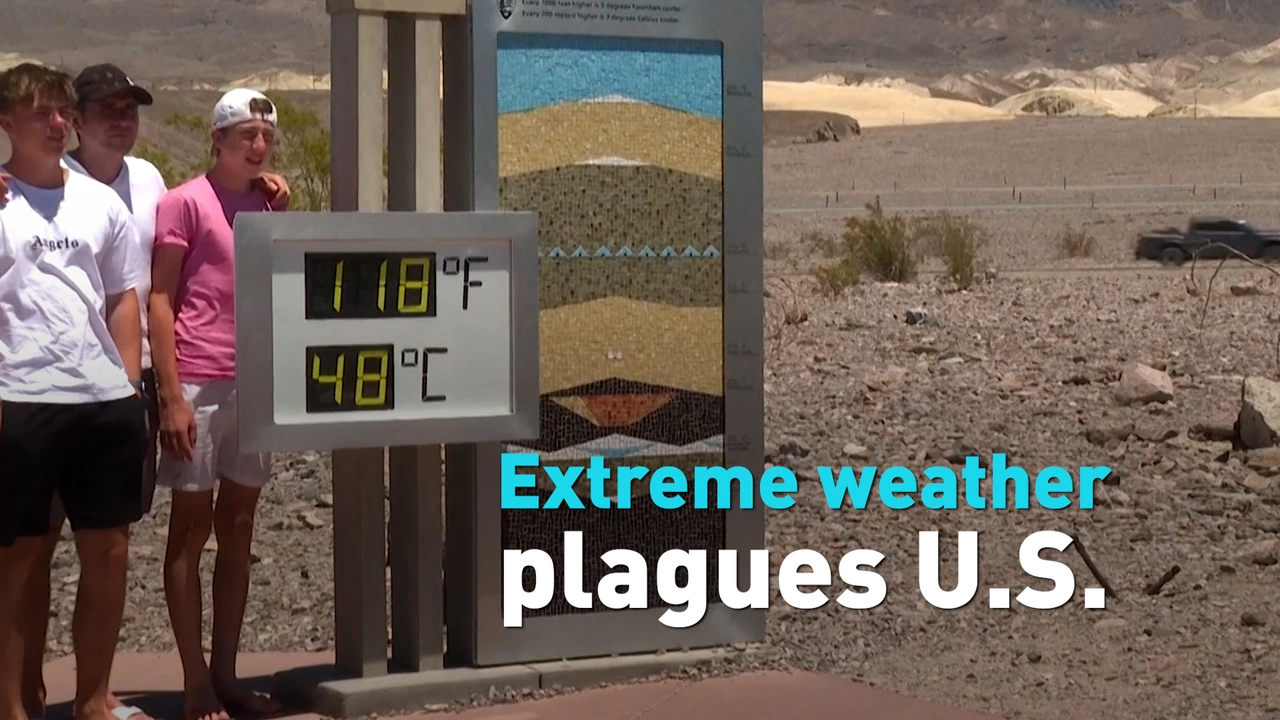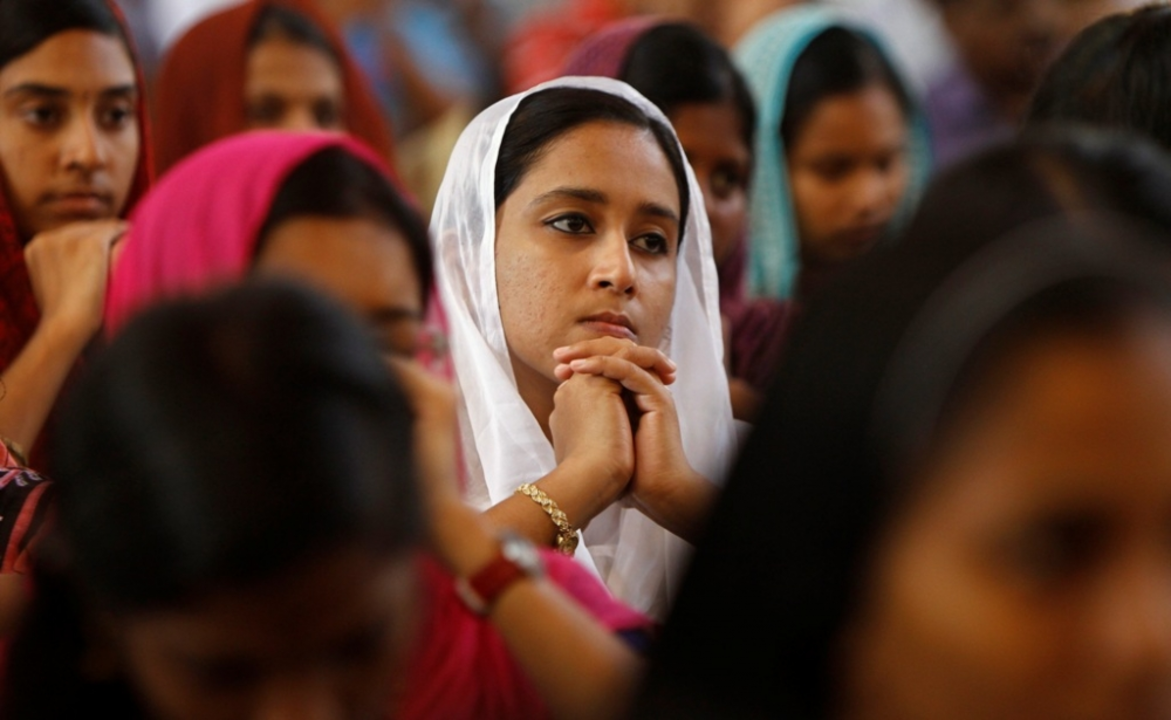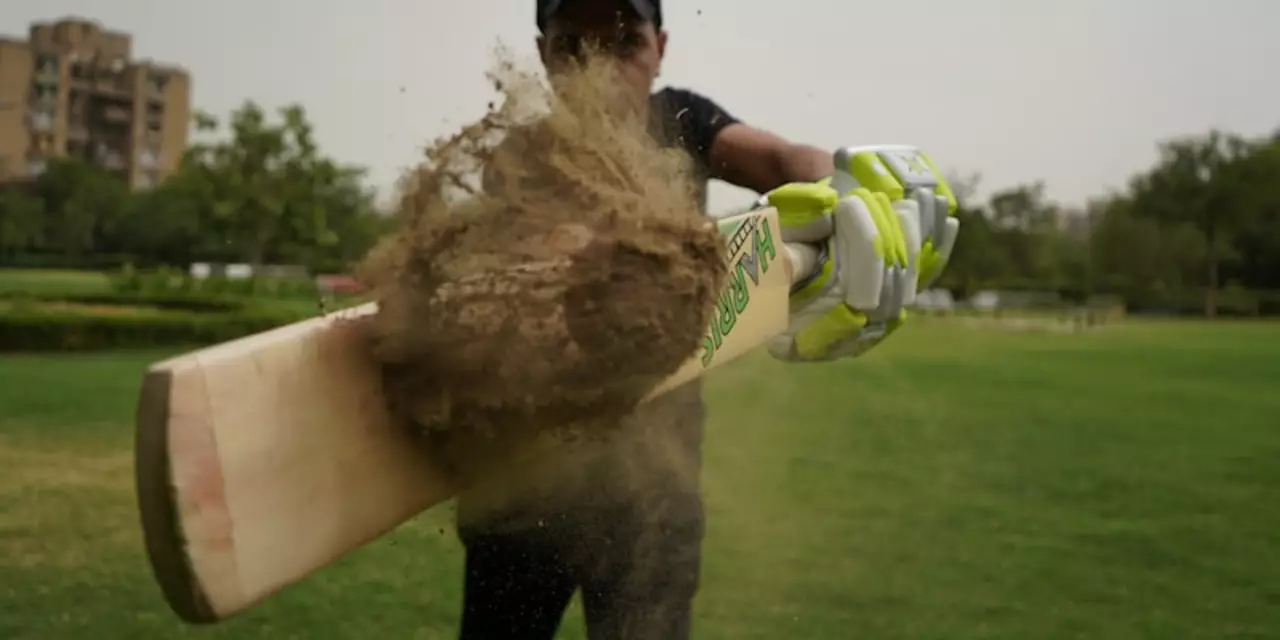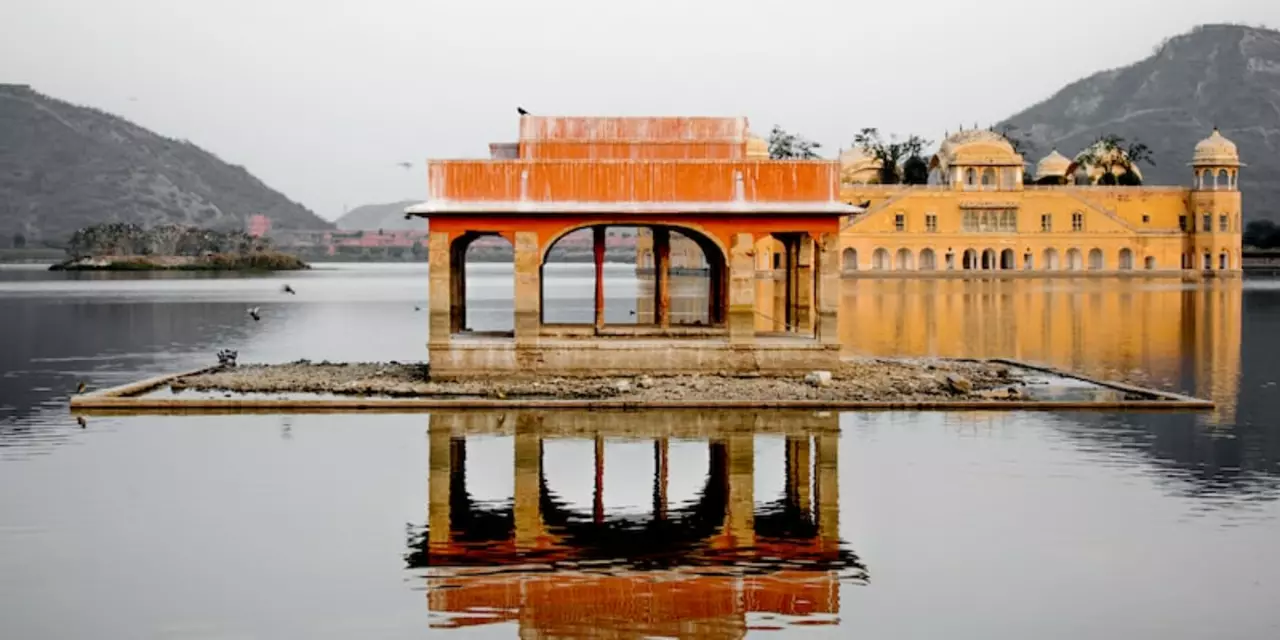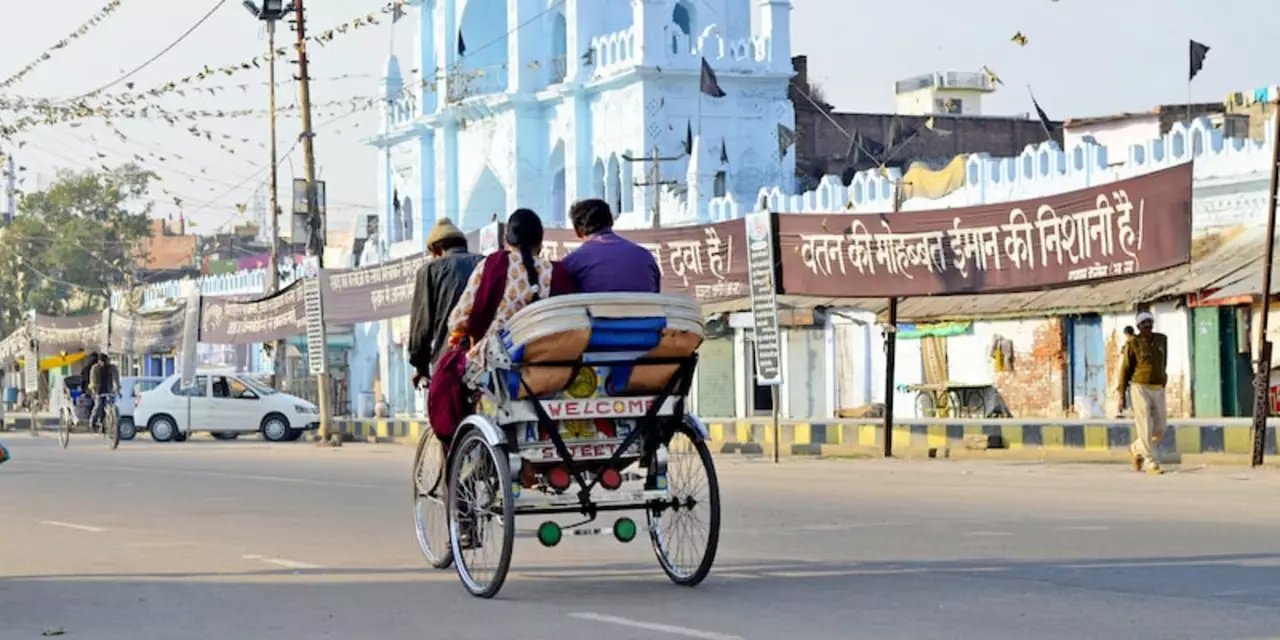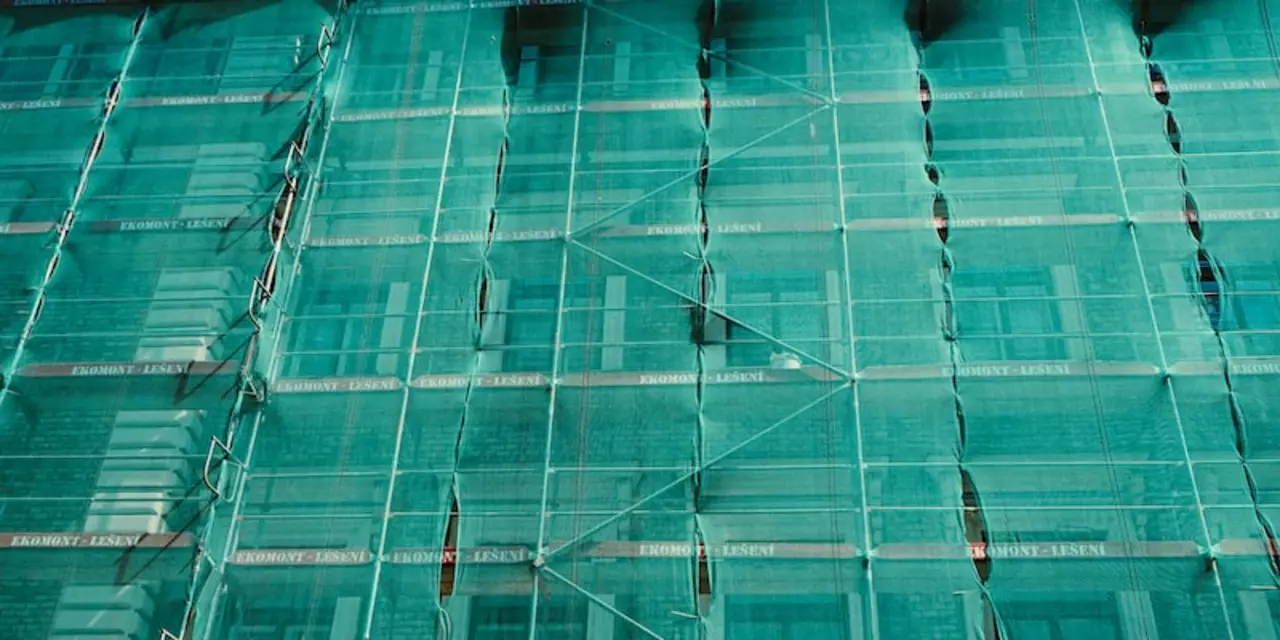Author: Aarav Kinra - Page 2
Which Indian snack is famous globally?
In my exploration of Indian snacks that have gained global popularity, Samosas top the list. These crispy, triangular pastries filled with spiced potatoes and peas are a hit around the world. They are loved not only for their unique flavor and texture but also for their adaptability, as they can be filled with various ingredients and served with different dips. Samosas have found their way into international cuisines and are regularly featured in global food festivals. So, if you haven't tasted this Indian snack yet, you're missing out on a global favorite!
MoreWhich is a better country to live in, India or the U.S.?
Deciding whether India or the U.S. is a better country to live in is subjective and greatly depends on individual preferences and experiences. The U.S. offers a high standard of living, advanced infrastructure, and a robust job market, but it's also characterized by a high cost of living. India, on the other hand, offers a rich cultural experience, a lower cost of living, but struggles with pollution and overpopulation. While the U.S. may provide a smoother lifestyle, India offers a unique cultural immersion that can't be found elsewhere. Ultimately, the choice depends on what you prioritize in your living environment.
MoreWhat do Indian Christians think about Hindus?
As an Indian Christian myself, I find that our perception of Hindus is generally one of mutual respect and understanding. We appreciate the rich cultural heritage and history that Hinduism offers, and recognize that it plays a significant role in the fabric of Indian society. While there may be differences in beliefs and practices, it is important to remember that we all coexist peacefully and celebrate our shared traditions. Many Indian Christians have close friends and family members who are Hindus, and we often participate in each other's festivals and customs. Ultimately, it's about understanding, acceptance, and celebrating the diverse nation that we all call home.
MoreWhat is it like to live on a Native American Indian Reservation?
Living on a Native American Indian Reservation can be a unique and rewarding experience. The sense of community, culture, and history shared by the people living on the reservation is unlike any other. Residents can enjoy the beauty of nature, traditional ceremonies and activities, and a close connection to the land. Life on the reservation can provide a sense of belonging and connection to a people and a place that has been around for many generations. Despite challenges, the community of a Native American Indian Reservation can be a place of comfort, strength, and support.
MoreWhat are some unknown facts about cricketer Rishabh Pant?
Rishabh Pant is an Indian cricketer who has been making waves in the international cricket arena. He is known for his aggressive batting style and powerful hitting potential. Here are some unknown facts about the cricketer: He hails from a small village in Uttarakhand, India, and his father was a farmer. He was the youngest player to make it to the Under-19 World Cup squad in 2016. He is the first Indian cricketer to hit a century in the fourth innings of a Test match. He is the first Indian to hit six sixes in an over in a T20 International match. He is one of the fastest wicket-keepers in the world and is known for his lightning-fast reflexes.
MoreAre 'Ready to Eat' Indian food products too unhealthy?
This article discusses the healthiness of Indian ready-to-eat food products. The article argues that many of these products are unhealthy due to their high levels of saturated fat and sodium, as well as the lack of dietary fibre. It also examines the potential health risks posed by these products, including increased risk of cardiovascular disease and diabetes. Finally, the article looks at possible solutions, such as increasing the availability of healthier alternatives and educating consumers about making healthier choices. In conclusion, the article suggests that Indian ready-to-eat food products are too unhealthy and steps must be taken to make them healthier.
MoreWhat happened with the Air India Express in Karela?
Air India Express Flight 1344, carrying 190 people, crashed while attempting to land in Kerala, India on August 7th, 2020. The aircraft was arriving from Dubai when it overshot the runway and fell down a 35-foot gorge. At least 18 people, including both pilots, lost their lives and more than 100 were injured. The investigation into the cause of the accident is ongoing, but low visibility due to heavy rainfall and a tailwind are suspected to have been contributing factors. The incident is the first fatal crash in the history of Air India Express.
MoreHow is the performance of our prime minister Narendra Modi?
Narendra Modi has been the Prime Minister of India since 2014. His tenure has been marked with a series of successes, including economic growth and development in the country. He has also implemented various initiatives to improve the lives of citizens, such as the Swachh Bharat Abhiyan and Make in India. His popularity has grown tremendously, and he is viewed favourably by people across the country. Keywords: Narendra Modi, Prime Minister, India, Economic Growth, Development, Swachh Bharat Abhiyan, Make in India.
MoreIs Uttar Pradesh the most wasted state of India?
Uttar Pradesh is the most populous state in India and is often referred to as the most wasted state. It has been plagued by poverty, lack of development and political corruption. The state has a large youth population, and yet its educational system is in disarray. Moreover, the state has failed to develop its infrastructure to meet its population’s needs. As a result, Uttar Pradesh continues to lag behind other states in terms of economic and social progress. Keywords: Uttar Pradesh, India, wasted, poverty, development, corruption, education, infrastructure.
MoreData firm puts PM Narendra Modi's net approval at high of 55%?
Data firm C-Voter has recently released a report stating that Prime Minister Narendra Modi's net approval has increased to 55%, which is the highest since his tenure started in 2014. This number is calculated by subtracting the percentage of people who disapprove of his performance from the percentage of those who approve it. The report states that this increase is largely driven by his government's handling of the COVID-19 pandemic, as well as the new farm laws that were passed in September.
More